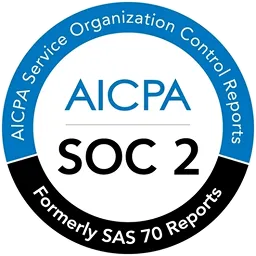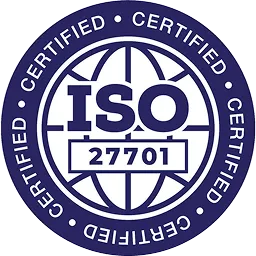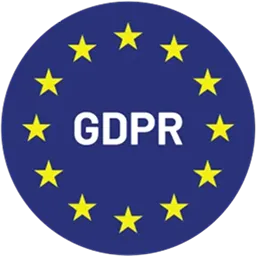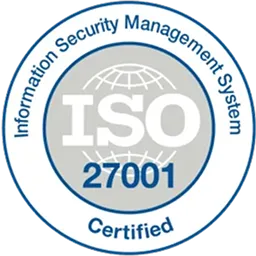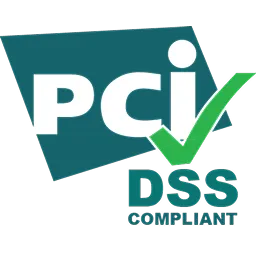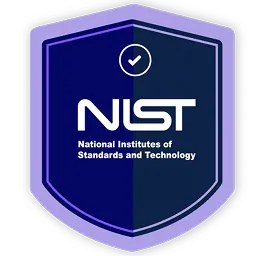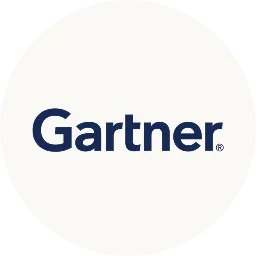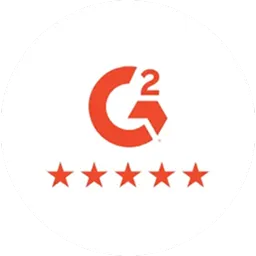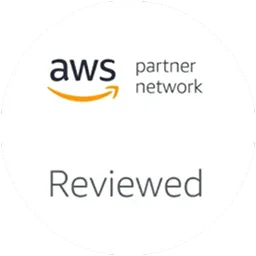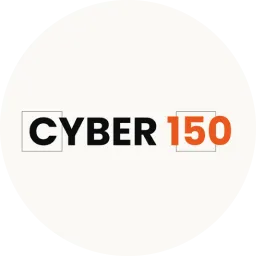Manually granting access to users consumes time. Due to this, employees prefer to choose apps that may bring security risks like cyber threats to their organization, which may have a financial impact at the time of an audit.
Therefore, this article will explore understanding the complete lifecycle management effectively to make your organization compliant.
Effective management of a user's lifecycle within an organization is crucial as it provides appropriate access to the tools and information they require. However, IT teams may need assistance with proper lifecycle management, as in many companies, it is still performed manually.
When IT teams manually onboard employees, the process becomes time-consuming and prone to human error. It becomes complex for larger organizations as numerous new joiners regularly join the company.
Furthermore, these companies are subject to strict compliance frameworks such as HIPAA, GDPR, SOC2, PCI DSS, ISO 27001, etc. Therefore, granting access becomes critical as the companies are constantly under scrutiny from regulators, especially concerning audits.
For example, an organization handling the personal information of European citizens must comply with GDPR. Therefore, the organization's employees must have access to only the necessary information, as any mismanagement can lead to security issues and penalties during audits.
Organizations are required to have proper lifecycle management policies in place. These policies will assist in providing employees with appropriate access to the necessary tools and information, thereby eliminating security issues such as data breaches and cybersecurity concerns. Additionally, these policies will aid in compliance with relevant regulatory frameworks.
Some of the benefits of lifecycle management policies include the following:
- Improving employees' productivity and reducing the organization's workload.
- Mitigates security risks that can arise with improper access management.
- Enhancing your organization's regulatory compliance and helping you remain compliant.
However, this article will discuss how appropriate lifecycle management helps companies achieve compliance, irrespective of which compliance regulation they must adhere to.
Effectiveness of Lifecycle Management in Achieving Compliance for Companies
For larger companies, the number of new hires can be significant., making manually onboarding a difficult and time-consuming task for IT teams. Moreover, it can pose security risks like data breaches if proper access to the right information is not given to the employees.
Similarly, if employee offboarding is not done correctly, it can lead to security risks, as former employees may still have access to the organization's sensitive information. They can misuse the data, impacting the company's reputation and potentially causing monetary damages.
To mitigate these risks, maintaining efficient lifecycle management is crucial for achieving compliance. This is possible with the help of an appropriate lifecycle management solution that can automate the organization's onboarding and offboarding process. When automated the process as per the business requirements, it streamlines the process to strengthen compliance.
With the software, you can see what employees can access as per their role and what level of information they can view. Also, this can change during the employees' mid-lifecycle due to multiple reasons like promotions, change of teams, etc.
Zluri, a SaaS management platform, offers proper lifecycle management of employees. It streamlines the onboarding and offboarding process along with mid-lifecycle management, including upgrading existing SaaS apps and granting access to new SaaS apps per their role demands.
Let's understand how Zluri can help with lifecycle management and achieve compliance.
1. Automate onboarding and offboarding
With Zluri, organizations can automate employee onboarding and offboarding processes, reducing the manual efforts of IT teams and minimizing human errors. Also, it will save time and resources.
Zluri will enable you to set the rules and conditions based on the business requirements and automate the onboarding process when the needs are met. The crucial aspect is setting the rules and policies that define user identities and authorize access to SaaS apps and information.
Additionally, these rules can be added to a \"playbook\" that is automatically executed when the appropriate conditions are met.
Similarly, Zluri automates the offboarding process by automatically revoking access for employees who leave the company for reasons such as termination or retirement. As a result, this ensures that former employees no longer have access to the organization's tools and prevents data breaches or any other security risks like cyber attacks.
After offboarding, Zluri restores the data and deletes the ex-employee's account, including both app and cloud data, to further protect the organization's data security.
2. Visibility of user's access to the organization's sensitive information
Having visibility into users' access to sensitive information within an organization is crucial for maintaining security and preventing monetary losses. Therefore, having a system to manage and track user access is essential.
Zluri is a solution that helps organizations gain visibility into users and their access to SaaS tools. It provides a complete view of users, their access level, and the information they have access to. This allows organizations to verify that the right employees are granted the right access.
Additionally, Zluri gives organizations control over user-application relationships by providing a list of inactive users and their accounts, which can be terminated as needed. The platform also helps organizations detect unauthorized apps with risk and threat levels and restrict access to those apps.
Zluri helps organizations streamline their lifecycle management policies and improve their security posture.
3. Maintain evidence trails for audit
Maintaining evidence trails is crucial for audits as it helps to support the company's claim of adherence to regulatory frameworks. Evidence is used to verify the accuracy and compliance of a company and assist auditors in making informed decisions.
A suitable solution, such as Zluri, can help gather evidence by tracking user access to multiple SaaS apps. With Zluri, you can easily track activities, audit logs, and generate reports on user activities. This simplifies the audit process and ensures compliance.
How Zluri Helps Organizations to be Compliant
Zluri, a SaaS management software, ensures that the right level of access is given to the users, and when they leave the company, they are immediately deprovisioned. This is done to prevent the sensitive information of the company. Automating provisioning and deprovisioning will help organizations to stay secure and compliant with the regulations.
Automating the users' lifecycle management will streamline the process and make it hassle-free. Moreover, Zluri provides compliance information for each SaaS provider to maintain the required compliance standards.
For more information related to lifecycle management, you can book a demo.








.webp)
.svg)



